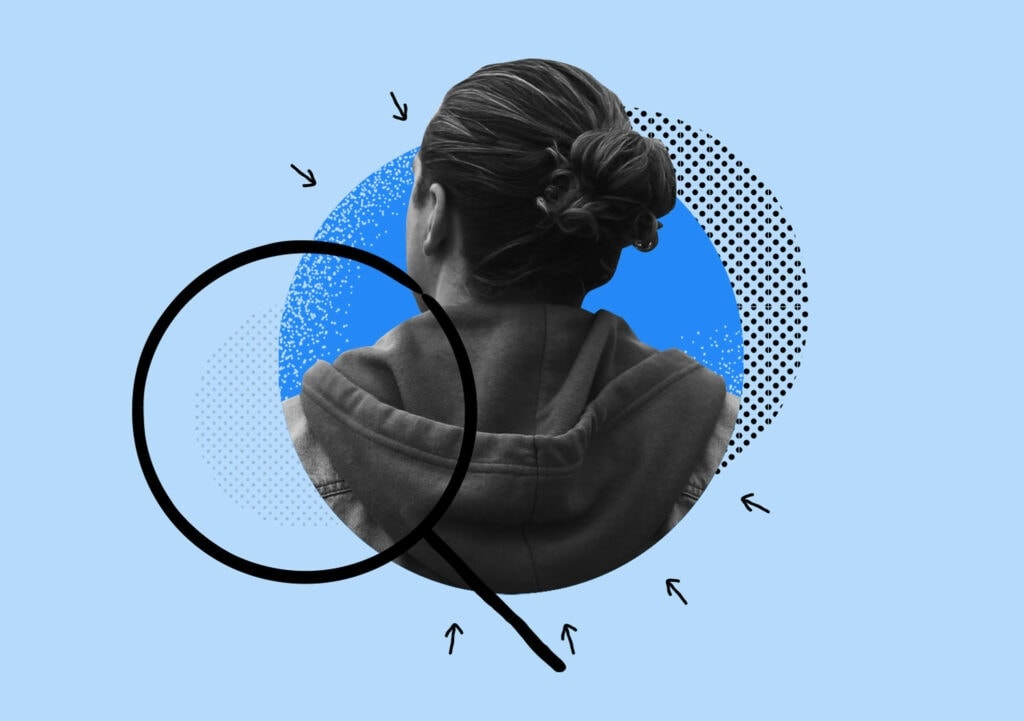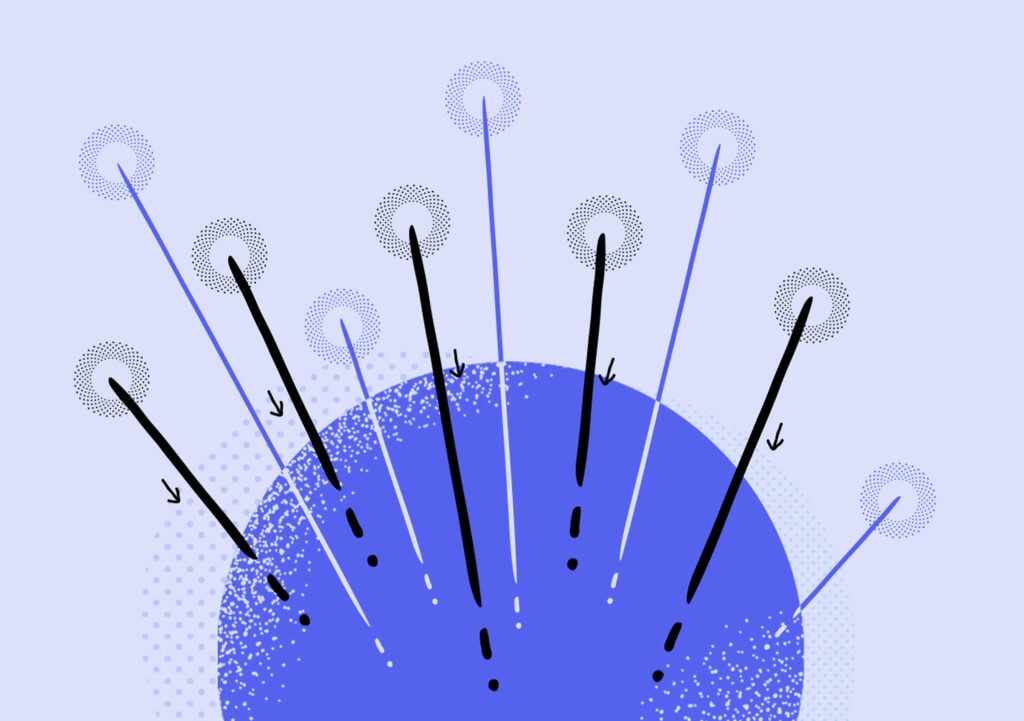Reference checking can be time-consuming for HR professionals to conduct, but these checks are an important part of the hiring process. After all, choosing the wrong hire is costly and is bad for company morale. An outside opinion can give insight into a prospective candidate's work ethic and personality, and often, their past performance will predict their future performance.
Before you pick up the phone, take a look at the following three potential pitfalls for HR pros to avoid when conducting reference checks.
1. Verify the references
Before getting in touch with your candidate's references, verify the validity of the contacts they've provided.
It sounds like an unnecessary step, but some job seekers, desperate to land a position, resort to all sorts of tactics to ensure they get a positive recommendation—like asking a family member or friend to pose as their former employer. Recruiter Paul Slezak discovered a candidate had done just that—the day after he’d extended a job offer.
Start by reviewing their online profiles on their company website and social media pages. LinkedIn allows you to verify that the person works at the correct company and in the correct capacity as articulated. As well, as a general networking pro tip, make sure to connect with them after your conversation and thank them for providing a reference.
2. Confirmation over comparison
“Why waste your time validating a decision that’s already been made?” asks Andrew Jensen, an independent business consultant. It seems obvious, yet many companies approach reference checks as a way to confirm, rather than to compare, their hiring choices.
For many companies, the reference check is the last step in an extensive hiring process—and they only complete it for their first choice candidate. In other words, they call references after they’ve made a decision about a prospective hire. With this approach, checking references gathers a little extra evidence that this candidate is the right call.
When checking references, aim to look not for validation, but for insight into your potential new hire.
The purpose of the reference check is not to provide a pat on the back to interviewers and hiring managers, but to help clarify your evaluation of the candidate before making a hiring decision.
For that reason, we recommend conducting reference checks between a first and second round of interviews. You’ll have the opportunity to follow up with the candidate on any concerns that arise, while still allowing them the opportunity to make an impression.
Additionally, make sure to conduct reference checks for your two or three top contenders. You want to hire the best possible person for the job, and that means comparing your options. Multiple reference checks will take a little bit longer, but the extra work equals extra reassurance in your final choice.
3. Email over phone
Opting to communicate with a reference via email is certainly easier and more efficient. Email correspondences also provide a paper trail you can refer back to.
However, a reference check should be about gathering insight to make an informed decision—not just getting it done and over with as quickly as possible. With that in mind, an in-depth phone conversation is far more telling than a conveniently crafted email reply.
References censor themselves less over the phone, and you’ll have the opportunity to ask follow-up questions. It's also important to pay attention what the reference communicates about the candidate beyond the words they say about them, from the person's tone of voice to pauses in the conversation. These can reveal whether or not they have a favourable (or non-favourable) opinion of their former colleague, as well as whether or not they are withholding information.
Reference checks offer incredible opportunities to gain insight into your candidates—but only when we shift our perspective and give them the time and attention they deserve.
Before extending an offer of employment to a potential new hire, make the most of the chance to get an external opinion, whether it’s from a former supervisor or colleague. They can shed light into what the individual will be like, not just as an employee, but also as a team member.



